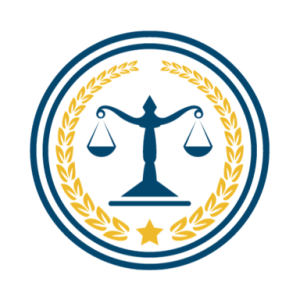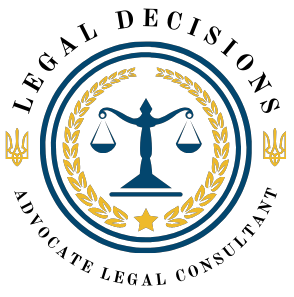Protection of honor/dignity/reputation
According to the provisions of the Civil Code of Ukraine, an individual or legal entity whose personal non-property rights have been violated due to inaccurate information provided about them has the legal right to protect their honor, dignity and business reputation.
Such a violation may arise in cases of dissemination of false, distorted or incomplete information about events concerning the person concerned. The law, in particular Articles 94 and 277, provides for the right to respond and refute to protect the rights and interests of the injured party.
In order to restore violated rights, there are various remedies, divided into intangible and tangible. Intangible methods include the right of reply and refutation, which provides for the possibility to contact the source of false information and demand its correction. A refutation is usually accompanied by an apology from the person who disseminated the false information.
Material methods include claims for damages and non-pecuniary damage. The injured party has the right to pecuniary compensation, which may include not only financial compensation for losses, but also a public apology from the perpetrator of the violation.
The choice between intangible and tangible remedies will depend on the specific circumstances and wishes of the injured party. A qualified lawyer from Legal Decisions can ensure the collection of the necessary evidence and file a lawsuit in court to restore the violated rights and obtain compensation.
Intangible methods include:
-
The right to respond
The injured party has the right to present its version of events and express its position. This can be done by publishing their own information or speaking in the media.
-
Refuting false information
A person who has been the subject of false statements or information may demand that a refutation be published in the same source where the false information was disseminated.
-
Public apology
In the event of acknowledgment of guilt or unlawfulness of information disseminated about a particular person, a public apology may be made as a manifestation of recognition of the error.
Material methods include:
-
Claims for damages
Citizens who suffered from the dissemination of false information may claim financial compensation for losses incurred due to the violation of their rights.
-
Claims for non-pecuniary damage
In addition to pecuniary damages, you can claim compensation for non-pecuniary damage that may arise from a violation of personal rights and dignity.
The term “dissemination of information” should be understood as the dissemination or placement of data, facts or assessments about events, phenomena, persons or organizations among the general public. This may include various forms and channels of information transmission:
Providing false information to media representatives:
- Publishing false articles in the press.
- Broadcasting false facts on radio or television.
- Using other media to spread false information.
Distribution on the Internet or using other means of telecommunication:
- Posting false information on the Internet.
- Using social media, email, and other means of communication to spread false information.
Transmission of false information in feature and documentary films:
- Inclusion of false episodes or facts in films.
Posting (displaying) posters, slogans, and other works in public places:
- Placing materials with false information on posters or slogans in public places.
Distribution of leaflets among people:
- Sending or placing leaflets with false information among the population.
Statements in profiles, statements, letters addressed to other persons:
- Inclusion of false facts in profiles, letters or statements sent to other persons.
Spreading false information among business partners, close friends and relatives:
- Talking about and reporting false events among colleagues, friends, or relatives.
Communication in public speeches, in electronic networks, or in any other form to at least one person:
- Conversations, speeches, or other forms of communication that can be directed to a single person.
Protection against false information: response, refutation and compensation.
Legal Decisions is your legal advocate in the world of rights and honor.
Do you have any questions?
Call us now and get answers to all your questions!
+38 050 698-15-21+38 063 803-90-83
